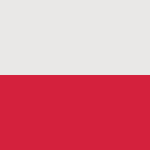3 intensive days in Gdansk
#Guide in Gdansk#Local tour guide in Gdansk#Private tour guide in Gdansk #local guide in Gdansk #tourist guide in Gdansk
This is a suggestion, but if you want to experience Gdansk and learn about its history, you will receive an individual offer. It depends on how many of you there are, what time of year you come and of course what you are particularly interested in.
Gdansk is a perfect place if you want to make a World War II tour, including visits to the Wolf’s Lair, Stutthof concentration camp, Westerplatte, where World War II started and a visit to the World War II Museum. So write if you want a suggestion on how to make a focus tour on WW2.
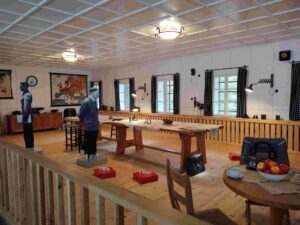
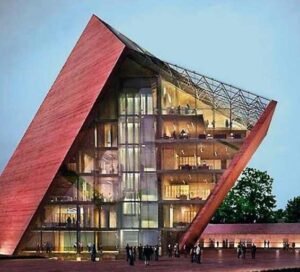
Price for 3 days including transport and local guide in Malbork 4,000 zloty + 70 zloty per person for entrance tickets to Malbork + 140 zloty for return ferry ticket from Gdynia to Hel + food/drinks of your choice.
I provide transport for up to 4 people included in the price. If there are more of you, we can hire a minibus or coach. I’m happy to help you with that.
Targ Węglowy (Coal Market) in Gdansk with the old porch, the Millennium Tree, the Academy of Fine Arts, the prison and the entrance gates to Gdansk. I talk about the role of Gdansk in the Middle Ages.
Coal Market – experience half a millennium of architecture in one place
The pedestrian street with impressive Renaissance houses was a pile of gravel after World War II
Długa (Long Street and Long Market) with its impressive Renaissance houses rebuilt after WWII. Here we take a detour and see both the front and back of the medal. We discuss the pre-war architecture of Gdansk and the idea behind the Renaissance-style reconstruction.
On the way along Long Street, we also visit the Shakespeare Theatre and a few pre-war buildings that weren’t destroyed during World War II.
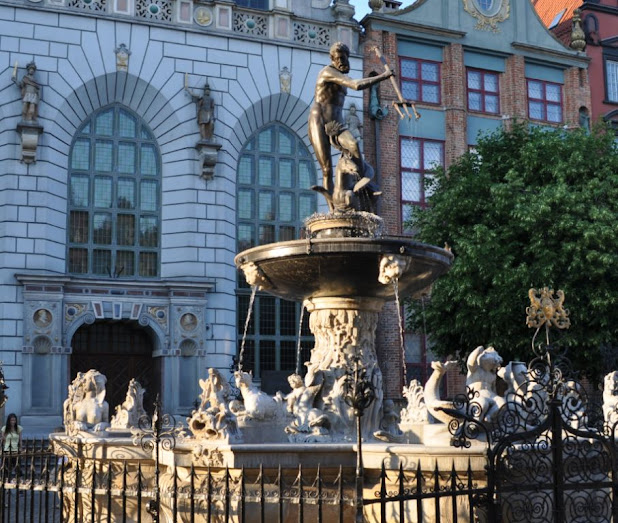
The harbour in Gdansk is where everyone ends up in the evening
Gdansk’s role in Polish grain exports. We see the marina, the medieval tower, communist concrete houses and new luxury apartments. Here we also see the old warehouses, which have now been renovated.
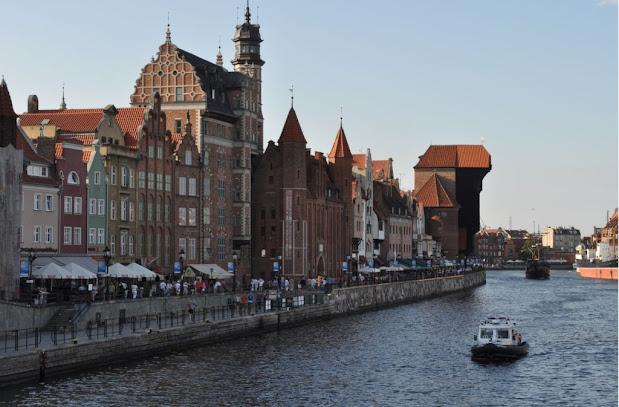
Amber Street, St. Mary’s Church and the market hall
Amber Street (ulica Mariacka) and St. Mary’s Church, the huge church in the centre of Gdansk, where we take a look inside.
We enter the Market Hall, continue to the Old Shipyard and the Solidarity Centre
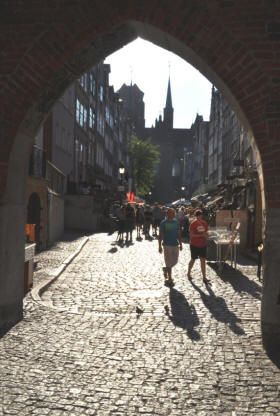
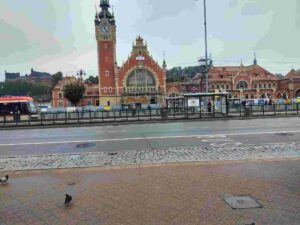
12.30 pm – Solidarity Centre – where it all started with lech Wałęsa
We get the story of Lech Wałęsa, solidarity, the strikes of 1970 and 1980, the state of emergency and the changes that led to the collapse of communism in Europe. Then we take the lift to the roof and look at the Gdansk panorama.
Lunch at the Solidarity Centre or a nearby Polish restaurant
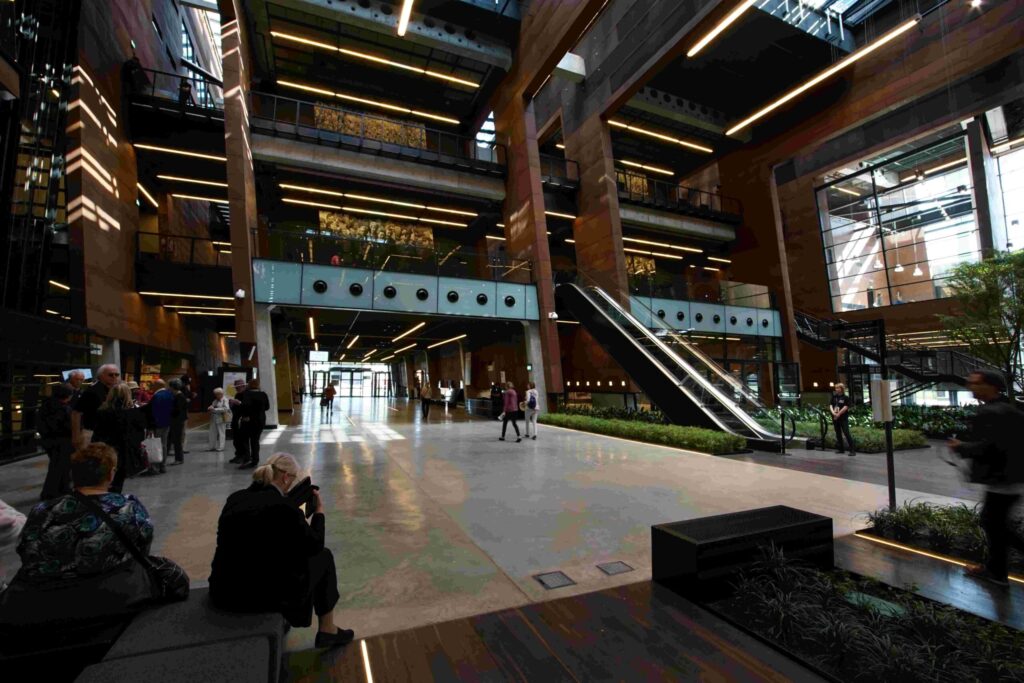
2.30 pm – By car to Wrzeszcz, Oliwa and Sopot
Here we greet a statue of Günter Grass and I talk about Poland as a free city in the interwar period and about Polish-German tensions
We continue to Oliwa, where we see some of the longest residential buildings in Europe, built from the late 1960s. We stop for a moment to look at the buildings and talk about the background.
The cathedral in Oliwa, where we look inside if there is no church service.
Sopot – The popular holiday resort where all of Poland enjoys life in the summer time. We walk around the city and see the longest wooden pier in Europe.
Around 17:00 we will drive back to the hotel, unless you wish to stay in Sopot. In that case, I’ll show you how to take the train back to Gdansk.
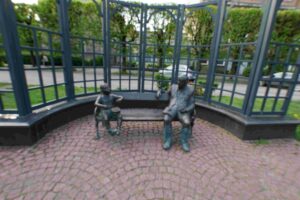
We start at 10 am, where we drive for an hour to the medieval castle of Malbork. Then we will see the castle with a local guide. The tour around the castle takes about 3 hours.
Malbork – the stronghold of the teutonic knights
Malbork was the headquarters of the Teutonic Order, which, after returning from the Crusades in the Holy land, formed a warrior state on the Baltic Sea. It was in frequent conflicts with Poland and has a huge significance in both German and Polish historiography – especially the Battle of Tannenberg in 1410, where Poland won and the Order subsequently lost power. The Order later evolved into the Prussian state, which was the driving force behind the unification of Germany in 1871.
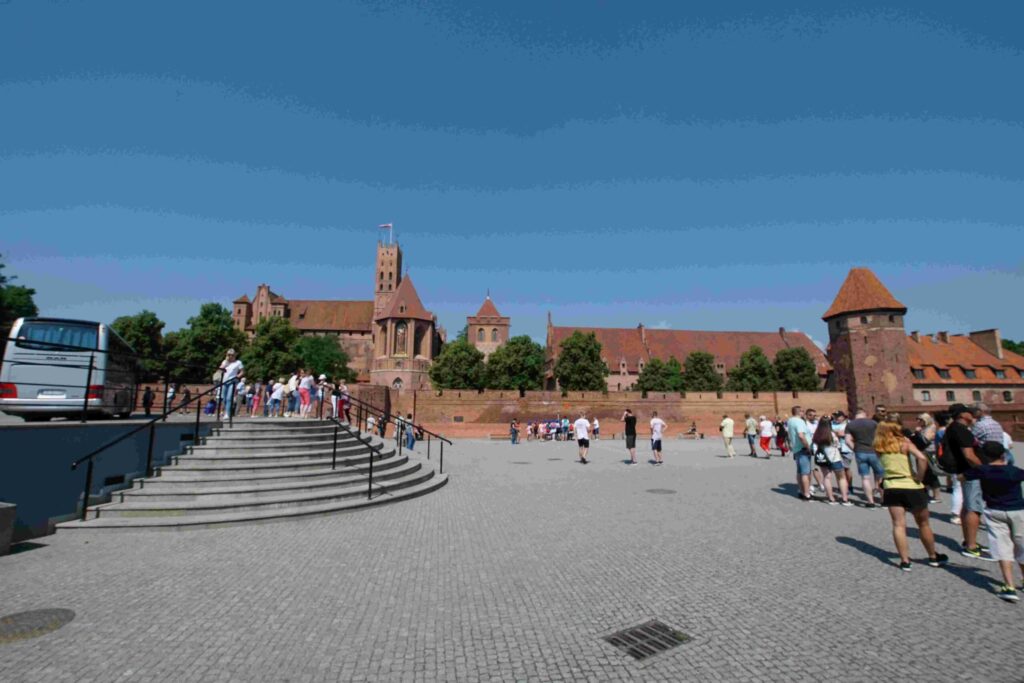
Westerplatte in stead of Elbląg
ALTERNATIVELY: Instead of Elbląg, we can start by driving to Westerplatte, where 2. World War II started in 1939. We hear about the background to the invasion and defence of Westerplatte and its significance in Polish consciousness.
Gdynia – a harbor city built from scratch in the 1920’s
We take the local train from the hotel at 10.00 am.
At around 10.30 am we disembark in Gdynia, where we see a harbour city with a quarter of a million inhabitants, built in a functionalist/modernist style in the 1920s. We’ll see the harbour, the market hall and look at the architecture, which was a technological marvel in the 1920s.
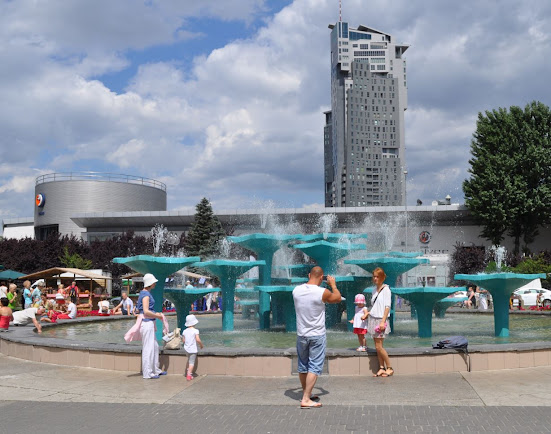
Hel – an old kashubian fishing village
Around 12.00 noon we sail on to the Hel peninsula. The tour takes an hour and afterwards we have lunch and spend a couple of hours exploring the old fishing village, including the famous seal research programme.
Around 4 p.m. we sail back and arrive at the hotel around 6 p.m.
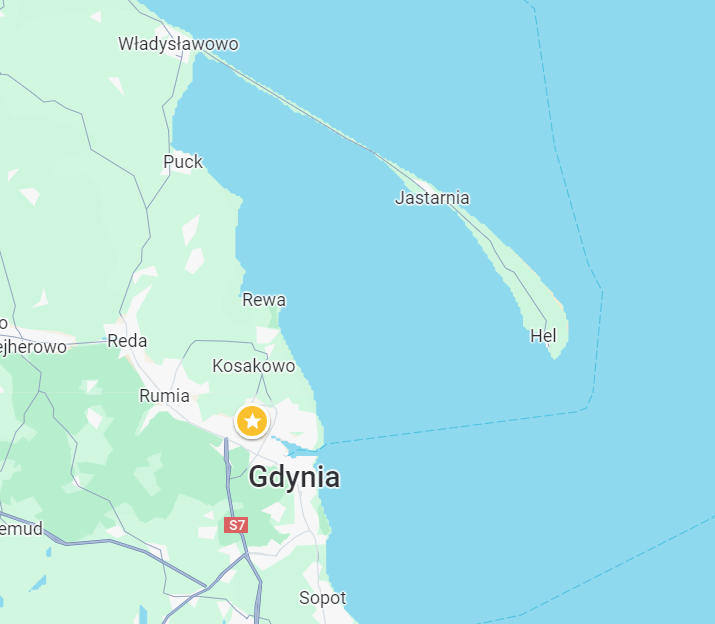
Write to me at m@hardenfelt.pl to arrange a guided tour in Gdansk
